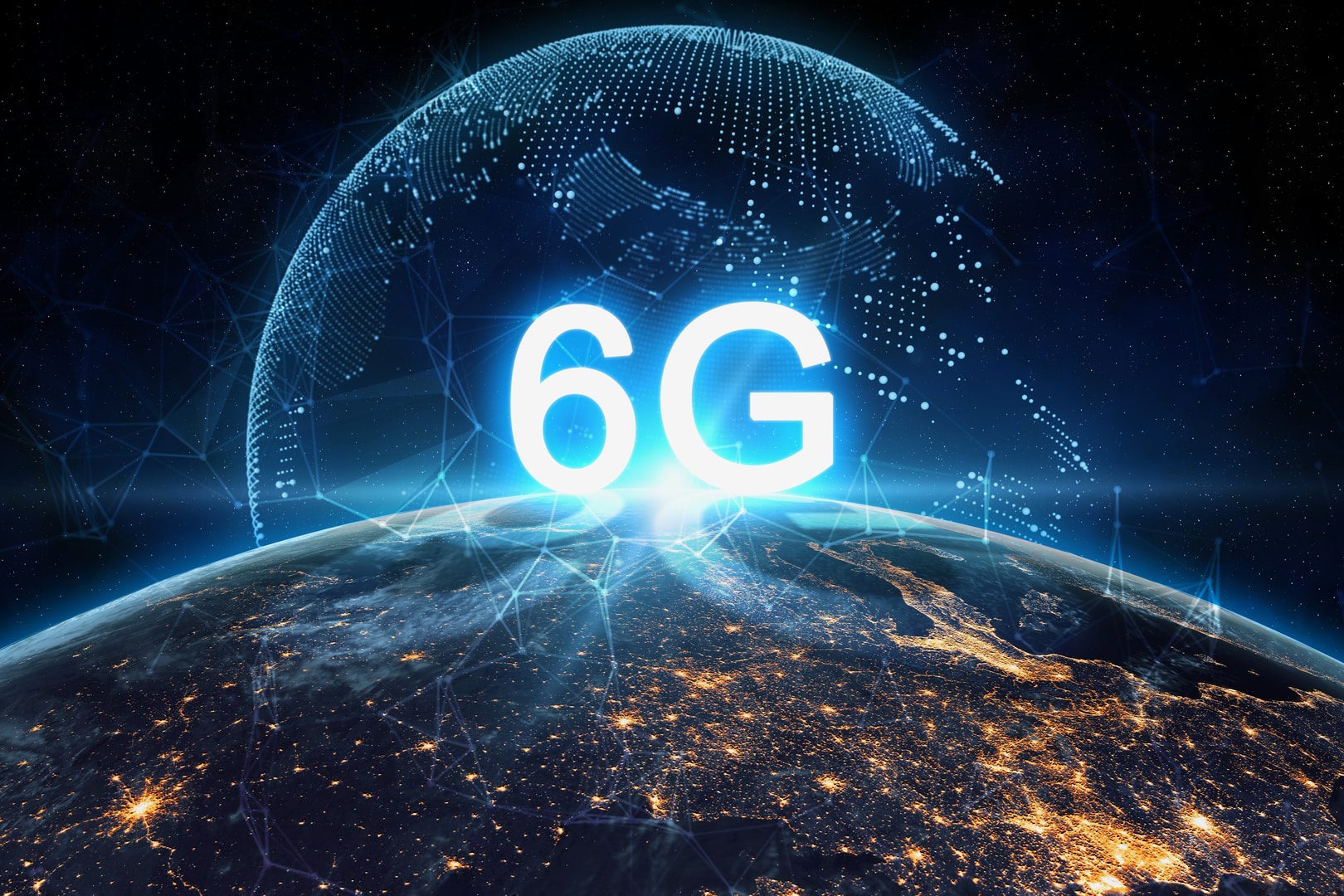
07 Jul Will Artificial Intelligence Boost 6G – Or Vice Versa?
As is abundantly clear to even the most casual observer, technology and innovation wait for no one. In fact, progress in these fields tend to come much faster than society can even comprehend, much less adapt to. Today, many users with basic knowledge of technology are left scratching their heads about just what is artificial intelligence and how it really works. Or to put it another way, what makes artificial intelligence behave the way it does.
And this isn’t just the case with AI. Even though we’re still only beginning to appreciate the full range of applications and potential uses of 5G, the technology market has already shifted its focus to the next rung on the ladder: 6G. And we still haven’t even completed the final phase of “real” deployment of wireless mobile technology, which aims to standardise the whole thing, including 5G. These technological developments are a good example of the most powerful drivers of innovation as we look to the future. But which of the two is stronger? And which will “feed” the other?
Will 6G lead to a genuine qualitative leap?
All the experts seem to think so. Particularly when you consider the transmission capacities of such high volumes of data – up to 1TB per second – and the low latency, or rate at which these volumes are transmitted. The ultimate goal of full connectivity with real-time information transfer could be brought a lot closer with the help of 6G. Research into 6G has been underway since 2019 and it’s likely that we’ll see the first fully functional tests running at 100% capacity within the next five years. But how will all this affect interaction with artificial intelligence?
Artificial intelligence in the 6G era: home automation for starters
In a world of greater connectivity, greater capacities and greater speeds, AI could play an important, transformative role. Fundamentally, owing to its potential ability to solve complex tasks in the field of logic, improvements could include the robotisation of industrial tasks, managing and driving smart vehicles, and in medical diagnostic processes, for example.
On the other hand, artificial intelligence will also be able to “direct” the behaviour of various devices, beyond strictly technological ones. A fully automated home capable of managing simple everyday tasks will be much more accessible in a fully connected world thanks to 6G. An AI-equipped home could regulate the temperature of the heating or air conditioning units, depending on environmental conditions, without any human intervention whatsoever, in the same way as it could open and close the blinds, turn the lights on and off, lock and unlock the doors, feed the cat, even water the plants and garden…
AI or 6G? Hard to predict the eventual winner
Everything seems to point towards both 6G and artificial intelligence coexisting in the same space of time. As has historically been the case with other technological leaps, it’s more than likely that they’ll complement one another, working in lockstep. Nevertheless, they remain fundamentally different technologies, each with challenges and milestones of their own. That’s why it’s so difficult to state categorically whether one will start dominating the other.
AI is already starting to see highly rapid growth, simply due to its own characteristics, but the obstacles to making major leaps forward are greater, because of the complexity involved. In this way, perhaps 6G has an opportunity to gain some ground – being just an evolution of an existing technology that’s already in operation, i.e. 5G. But it’s still the case that a global rollout will require a longer time frame due to the generalisation of infrastructure, availability of devices and technology standardisation processes. Perhaps as all that’s taking place, artificial intelligence could slip into the lead…

